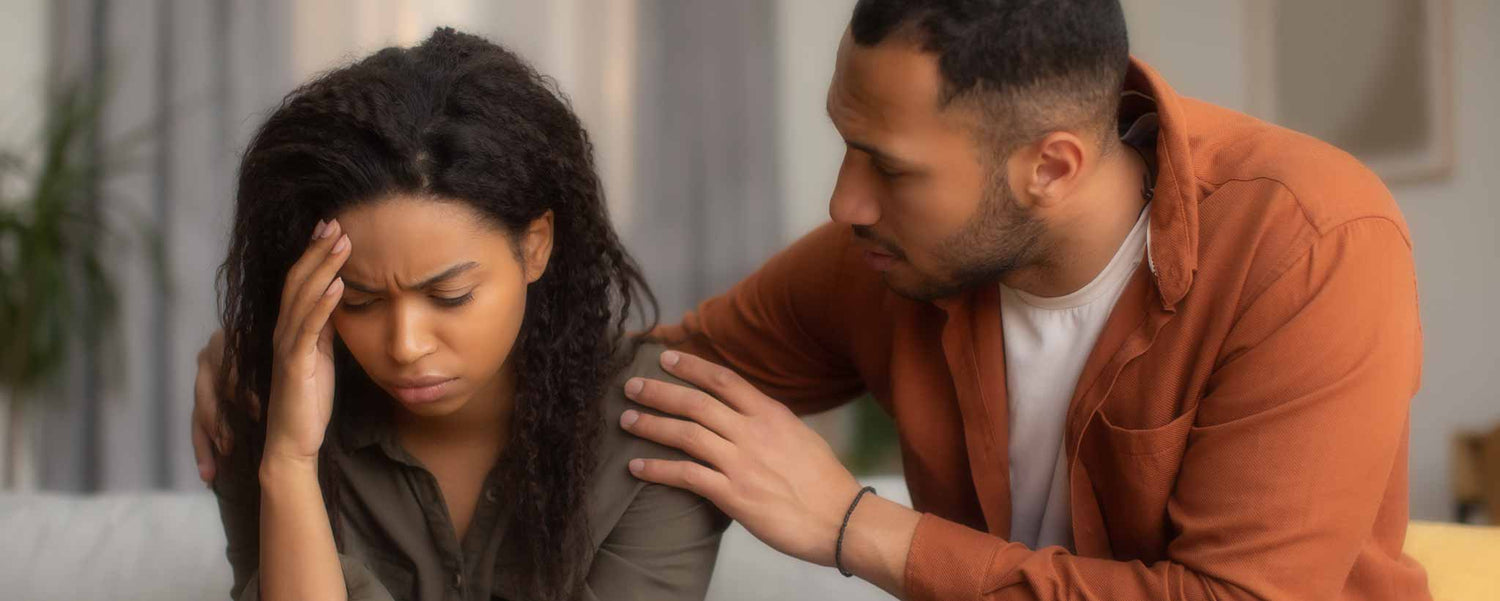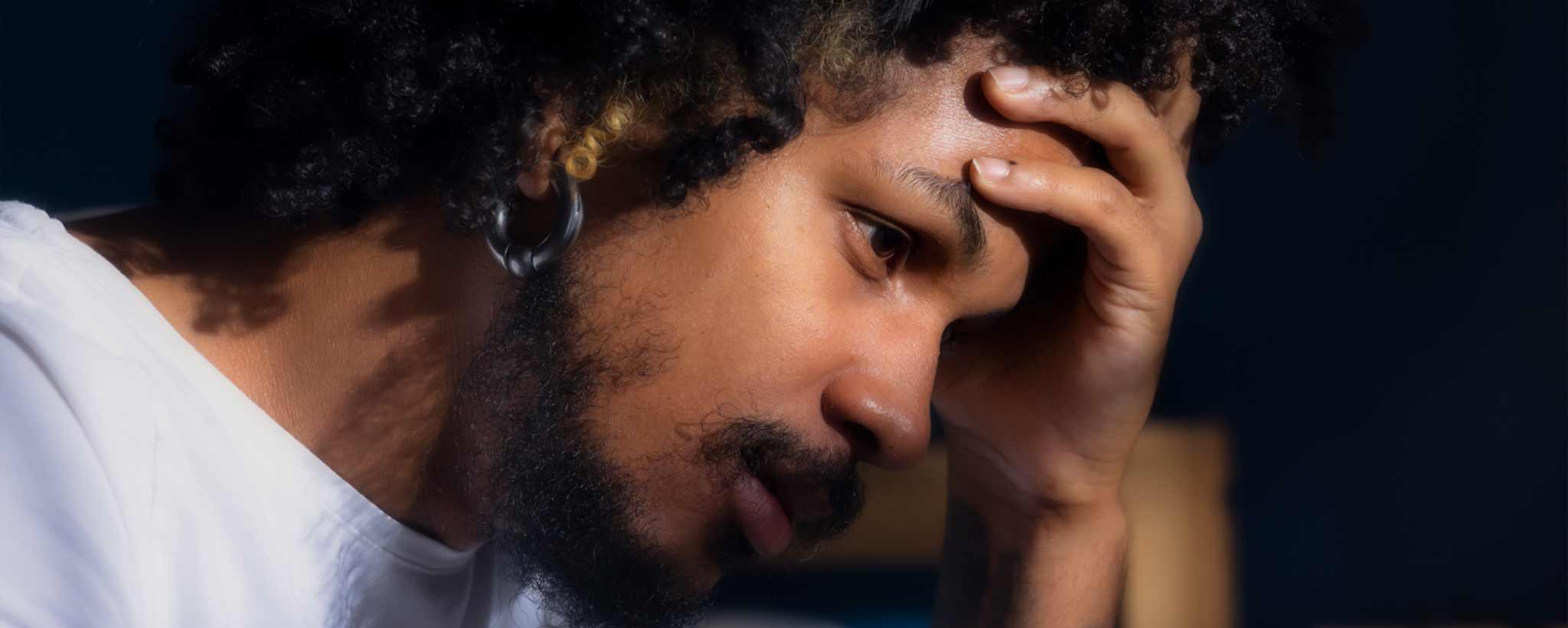Are women truly more emotional? Break down gender stereotypes and understand societal influences to promote better personal and professional connections.
Challenging Gender Stereotypes
Do you believe women are more emotional than men? This popular stereotype often leads to misunderstandings and biases in personal and professional relationships. However, scientific evidence does not support this assumption.
Emotions are complex and influenced by various factors such as biology, psychology, and societal expectations. We will explore the reasons behind the differences in emotional reactions, the impact of stereotypes, and how we can foster positive relationships by understanding and respecting women’s emotions.
Building Bias
Understand Societal Expectations
Women’s reactions to situations may differ from men’s due to societal expectations and gender roles. From a young age, women are often socialized to express emotions openly and prioritize relationships. On the other hand, men may be taught to suppress their emotions and focus more on achievement and status.
These societal expectations can contribute to variations in how men and women respond to certain situations, creating a perceived divide in emotional expression.
Tearing Down Fences
Avoid Stereotypes and Demeaning Expressions
To maintain positive personal and professional relationships, it is crucial to approach women as unique individuals, free from assumptions and stereotypes based on their gender. Avoid using demeaning expressions that perpetuate harmful stereotypes and undermine the legitimacy of women’s emotions. Expressions like “She must be on her rag” or “She’s just being overly emotional” are not only disrespectful but also dismissive of their genuine experiences.
Mending Fences
Build Understanding and Empathy
Open and honest communication forms the foundation of healthy relationships. Encourage women to express their thoughts and emotions without judgment, and actively listen to understand their perspectives. Practice empathy and perspective-taking by putting yourself in their shoes and considering their experiences, emotions, and motivations. By recognizing the societal pressures and expectations placed on women, you can foster a greater understanding of their emotional responses.
Respect and Equality
Value Women’s Emotions

Two essential qualities for maintaining positive relationships are respect and equality. Treat women with respect and as equals in all aspects of life. Recognize and value their contributions, opinions, and emotions.
Educate yourself about gender dynamics, feminist perspectives, and the experiences of women to develop a more nuanced understanding. This knowledge will help you avoid unintentional biases or misunderstandings and promote equal and supportive relationships.
Branching Out
Nutritional Factors and Mental Health
It’s important to consider additional factors that can affect emotional reactions in both men and women. Vitamin deficiencies, for example, can impact moods and reactions. Nutrients like vitamin D, B vitamins, and omega-3 fatty acids play crucial roles in brain health and emotional well-being. Ensuring a balanced diet and addressing any potential deficiencies can contribute to more stable emotions.
Furthermore, it’s essential to acknowledge that emotional reactions can be influenced by obsessions, personality disorders, and mental illnesses, which can affect individuals of all genders. Conditions such as anxiety, depression, bipolar disorder, or borderline personality disorder can impact the way emotions are experienced and expressed. Understanding these factors and seeking appropriate professional help when needed is vital for individuals of any gender.
By taking a holistic approach and considering nutritional factors as well as mental health conditions, we can further our understanding of emotional reactions in both women and men, promoting overall well-being and healthier relationships.
Improve Your Relationships
Women’s emotional reactions should not be simplified or dismissed based on stereotypes. Emotions are a fundamental aspect of human experiences, regardless of gender.
By challenging biases and stereotypes, practicing empathy, and fostering open communication, we can build stronger, more meaningful relationships with women. Let’s embrace the diversity of emotional experiences and work towards a more inclusive and understanding society.
To support the writing of useful articles about women, ClinicalPosters sells human anatomy charts, scientific posters, and other products online. You may sponsor specific articles, become a ClinicalNovellas Member, or remit a small donation.
ClinicalPosters sells human anatomy charts, scientific posters, and other products online to offset expense of the writing useful articles about women. Slide extra posters into DeuPair Frames without removing from the wall.
Show your support by donating, shopping for ClinicalPins, becoming a ClinicalNovellas Member, or leaving an encouraging comment to keep the research going.
To support the writing of useful articles about women, ClinicalPosters sells human anatomy charts, scientific posters, and other products online. You may sponsor specific articles or remit a small donation.
ClinicalPosters sells human anatomy charts, scientific posters, and other products online to offset expense of the writing useful articles about women. Slide extra posters into DeuPair Frames without removing from the wall.
ClinicalPosters sells human anatomy charts, scientific posters, and other products online. You may remit a small donation or become a ClinicalNovellas Member.
You can support the writing of useful articles about women by sponsoring specific articles, becoming a ClinicalNovellas Member, or remitting a small donation.






